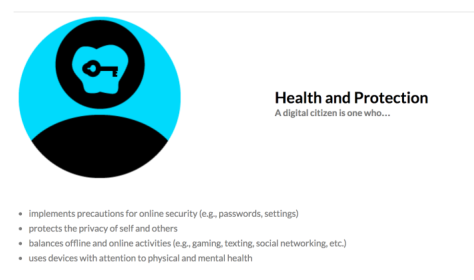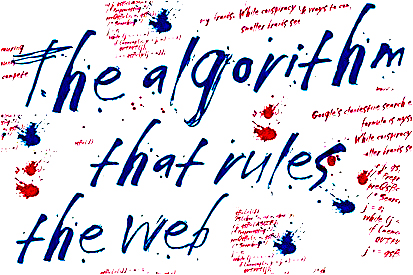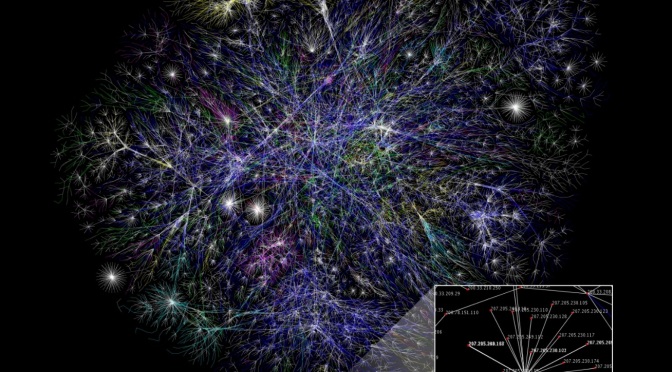In Ontario, AQ [Additional Qualification] courses for Teachers are Approved by the Ontario College of Teachers. There are very specific components of an AQ Course that must be completed in order to achieve the qualification, which then demonstrates to others in Ontario that you are capable and competent in teaching in specific grade or subject areas, or in certain areas such as eLearning or Special Education.
Most of these AQ Courses are now available online.
The tension comes when teachers taking an online AQ think that online secondary school courses should follow the same principles and practices as the online AQ.
AQ Courses are normally provided through an LMS (Learning Management System). They are content driven, linear, and require the completion of specific tasks. Much of the “community building” and sharing is through online text-based discussions. Assignments are uploaded to a dropbox and evaluated by an instructor, normally without any triangulation of assessment (conversations, observations, products).
But is this how we want teachers to then go back and teach our students in online environments?
Are we demonstrating that online learning is not meant to be the “dissemination of teacher-driven content“, but a way to give learners agency and ownership of their own learning, outside of the confines of classroom walls, and teacher-defined content?
And when the course is the credential [AQ] for “Teaching and Learning Through eLearning”, how can we ensure that we model open practice, inquiry and learner agency, within a linear, compliance-based model?
Those achieving the AQ must recognize that eLearning is much more than what the online AQ is modelling, or we continue to perpetuate old teacher-directed product-based classroom structures through those we qualify to lead online learning in this province.
Featured image by Tanguy Sauvin on Unsplash
Please view this post on my own domain here.











![Busting the [Filter] Bubble](https://fryed.wordpress.com/wp-content/uploads/2017/01/earth-nasa.jpg?w=672&h=372&crop=1)


